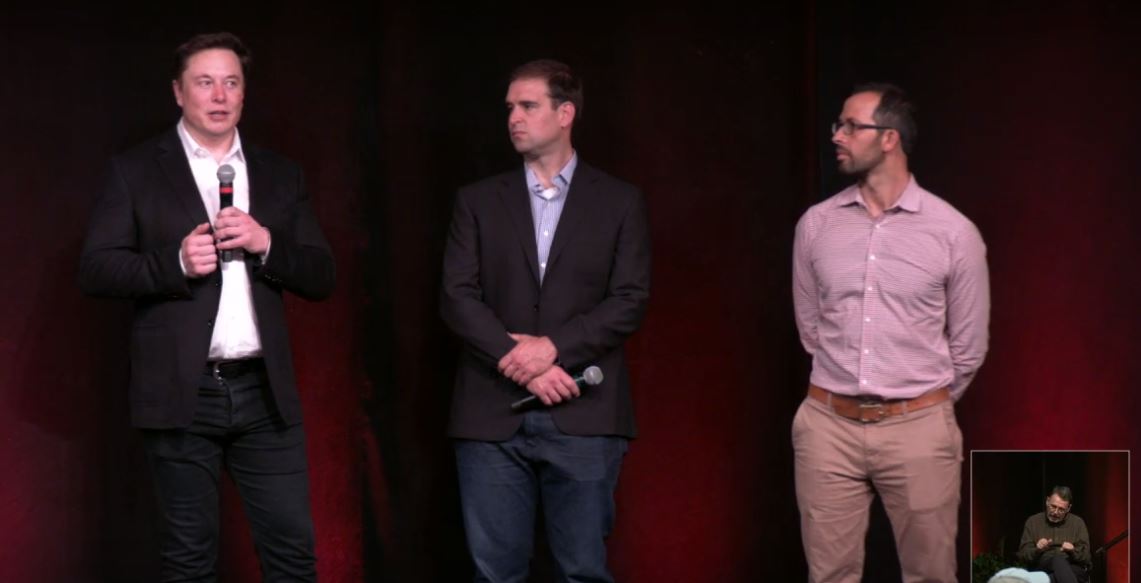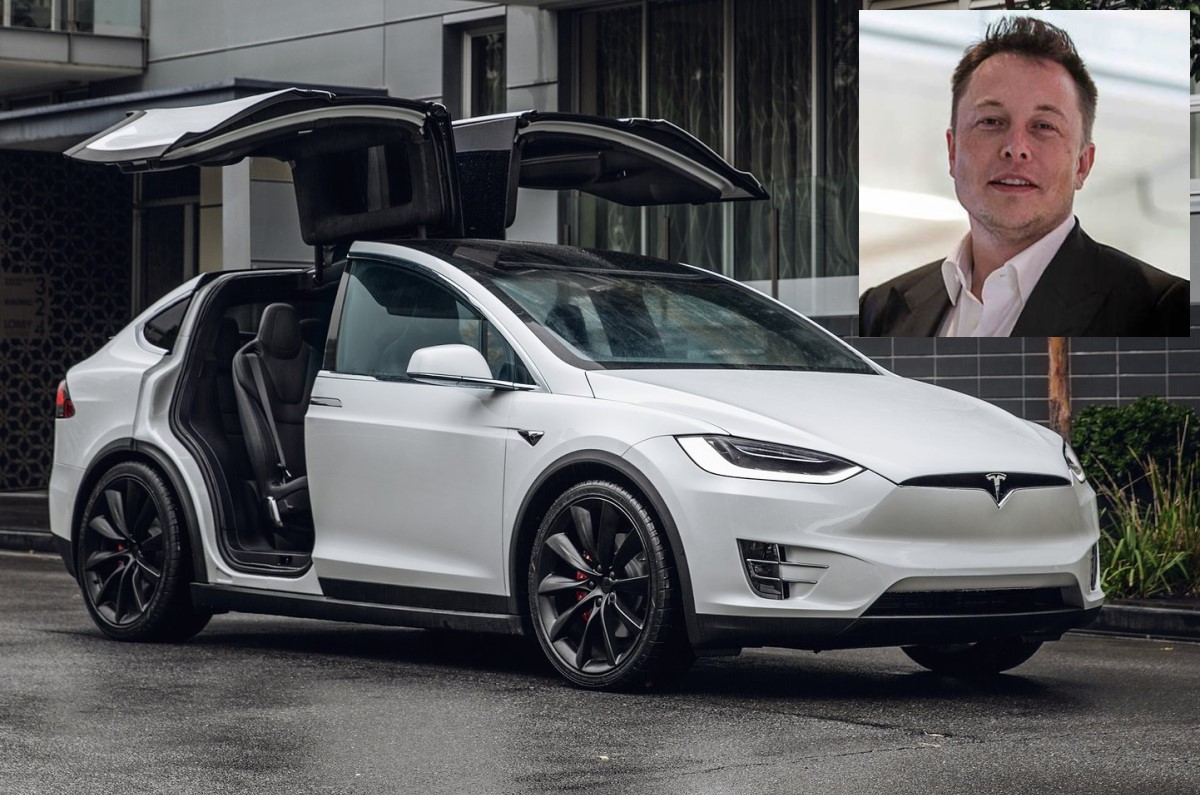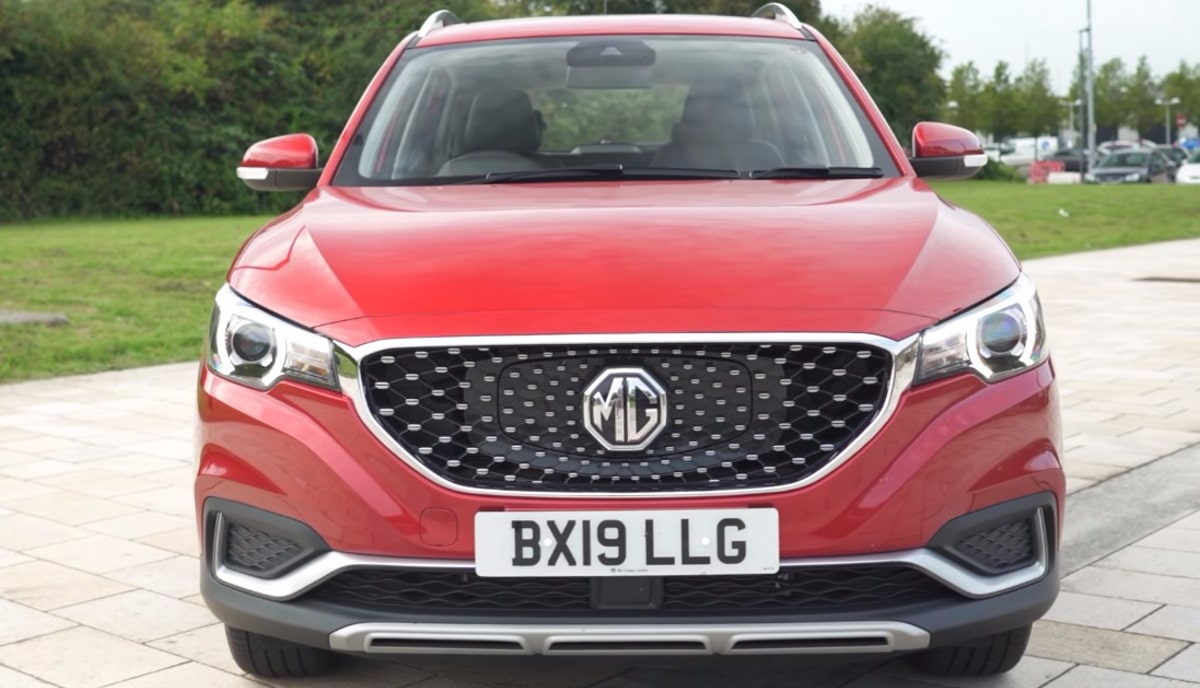Tesla Denied Special Policy, Eligible to Seek Incentives Under Existing Schemes, Say Government Officials

Tesla Denied Special Policy, Eligible to Seek Incentives Under Existing Schemes, Say Government Officials
As per the statement by a government official to the news agency PTI, the Indian government does not have plans to create a separate policy exclusively for offering incentives to Tesla, the electric car maker. Instead, Tesla is welcome to apply for incentives under the existing schemes, such as the Production-Linked Incentives (PLI) scheme, which is already available for the auto and advanced chemistry cells sectors.
This approach ensures that Tesla can avail itself of the support measures and incentives provided by the government without requiring any special treatment or tailored policy. The government’s stance is to maintain a level playing field and offer the same opportunities to all companies operating within the relevant sectors.

The Indian government has introduced two production-linked incentive (PLI) schemes to foster growth and investment in specific industries:
1. Advanced Chemistry Cell (ACC) Battery Storage PLI Scheme: With a budget of Rs 18,100 crore, this scheme aims to incentivize and promote domestic manufacturing of advanced chemistry cells, vital components used in battery storage solutions for applications like electric vehicles and renewable energy storage.
2. Auto, Auto-Components, and Drone Industries PLI Scheme: With an allocation of Rs 26,058 crore, this scheme seeks to encourage domestic manufacturing and investments in the automotive sector, including auto components, as well as the burgeoning drone industry.
Through these PLI schemes, the government aims to attract investments, boost local manufacturing, generate employment opportunities, and foster the development of cutting-edge technologies to drive sustainable growth in relevant industries.

According to the official’s statement, the government has informed the US-based car maker, Tesla, that they can avail incentives under the existing policies, including the Production-Linked Incentives (PLI) scheme. The government’s stance is to provide a level playing field for all companies, and Tesla is encouraged to apply under the same policy framework available to other entities. The official emphasized that the policies will be uniform and not tailored specifically for any single company. As such, the government has no intention of granting ‘special treatment’ to Tesla.
In 2021, Tesla made a demand for a reduction in import duties on electric vehicles (EVs) in India, likely to enhance the affordability and accessibility of its electric cars in the Indian market. However, in response to Tesla’s interest in operating in India, the government has been encouraging the company to establish a manufacturing plant within the country. The government has expressed its willingness to provide all necessary support to facilitate Tesla’s establishment of a manufacturing facility in India.
By setting up a manufacturing plant in India, Tesla can benefit from local production advantages, such as reduced logistics costs and potential access to incentives like the Production-Linked Incentives (PLI) scheme. Additionally, local manufacturing could lead to job creation and contribute to the growth of India’s EV ecosystem. The government’s approach aligns with its broader vision to promote domestic manufacturing and boost the adoption of clean and sustainable technologies in the automotive sector.

In an interview with India Today, Nitin Gadkari, the Union Minister for Road Transport & Highways, revealed that he had advised Tesla officials not to manufacture their cars in China and then import them into India. Instead, he encouraged them to establish manufacturing facilities within India, produce the cars locally, and subsequently sell them in the Indian market as well as export them from India. He assured Tesla of the government’s full assistance and support to facilitate their operations in the country.
Following this, representatives from Tesla visited India last month and held meetings with officials from various ministries, including the Commerce and Industry Ministry. These meetings were likely aimed at discussing potential investment opportunities, regulatory matters, and exploring ways to foster Tesla’s presence in the Indian market through local manufacturing.
As of now, cars that are imported as completely built units (CBUs) into India are subject to customs duty ranging from 60 per cent to 100 per cent. The actual duty percentage is determined based on factors such as the engine size and the cost, insurance, and freight (CIF) value of the vehicle. For vehicles with a CIF value less than or equal to USD 40,000, the applicable customs duty falls within this range. The higher percentage of customs duty is levied on vehicles with larger engines or higher CIF values, thereby influencing the overall cost of importing CBUs into India.

In a meeting with Prime Minister Narendra Modi in New York last month, Tesla Inc’s CEO, Elon Musk, expressed his plans to visit India in 2024. Musk conveyed his confidence in Tesla’s presence in India, stating that they aim to establish themselves in the country as soon as feasible. While refraining from making any official announcements prematurely, he hinted at the likelihood of a substantial investment and a strong business relationship with India.
India, being the world’s third-largest energy consumer, is positioning itself as an attractive investment destination for US companies looking to capitalize on the growing tension between Beijing and Washington. By presenting itself as an alternate option for investment, India seeks to attract businesses that are seeking to diversify their operations and reduce dependence on China amid geopolitical uncertainties.
Tesla’s potential entry into India is viewed as a significant development, considering the company’s global prominence in the electric vehicle industry. Tesla’s presence in the Indian market could have far-reaching implications for the growth of electric mobility in the country and further contribute to India’s efforts towards sustainable and clean energy solutions.



